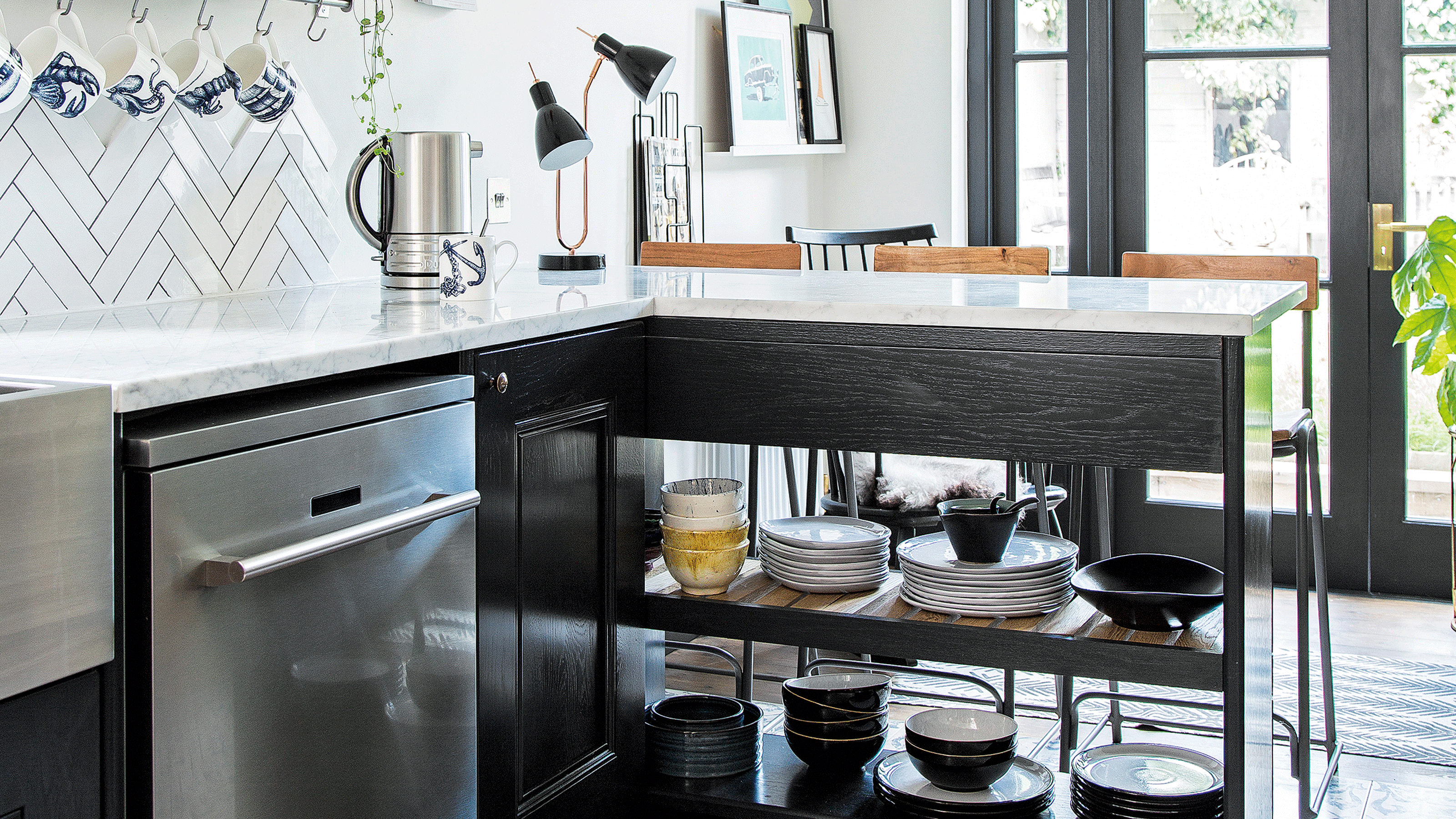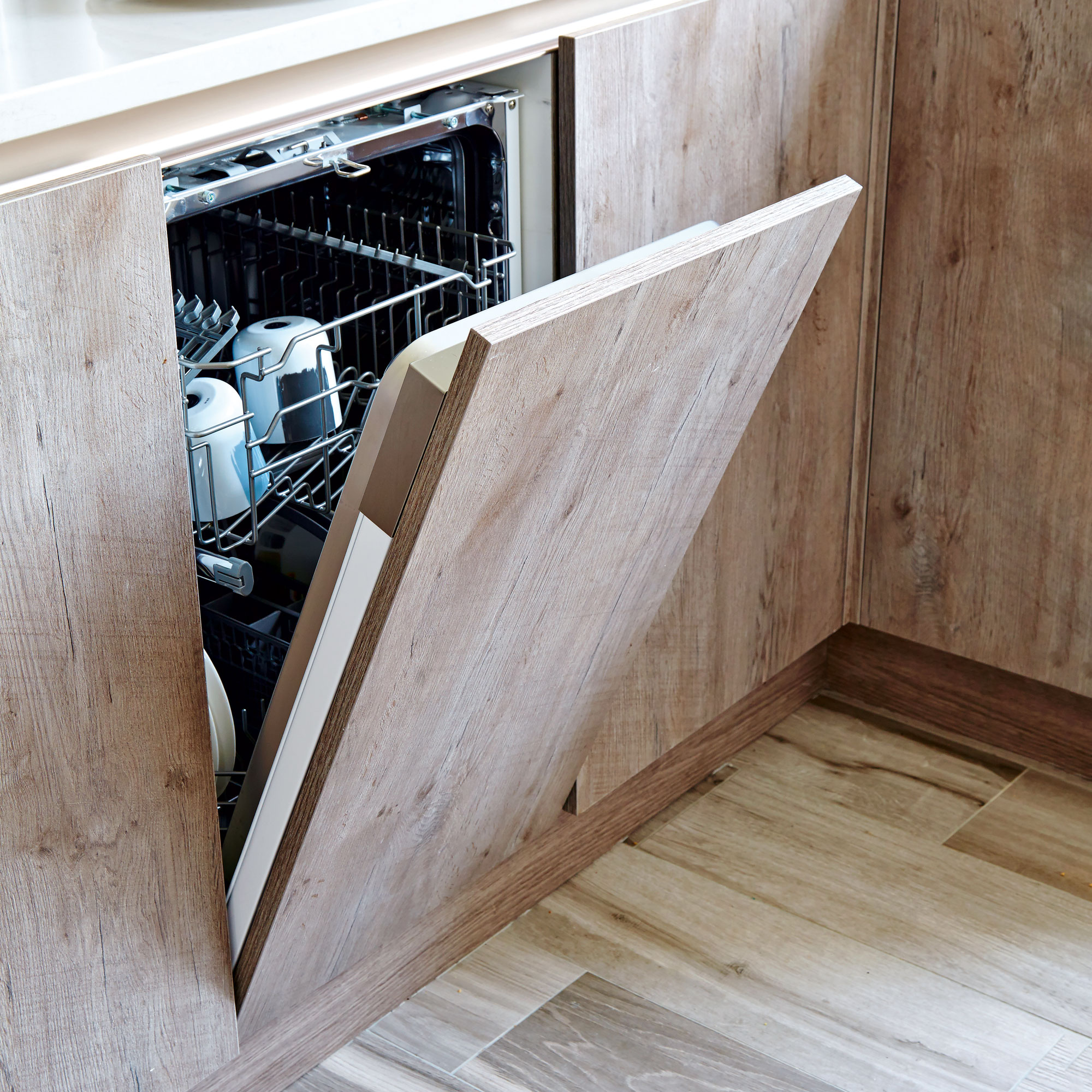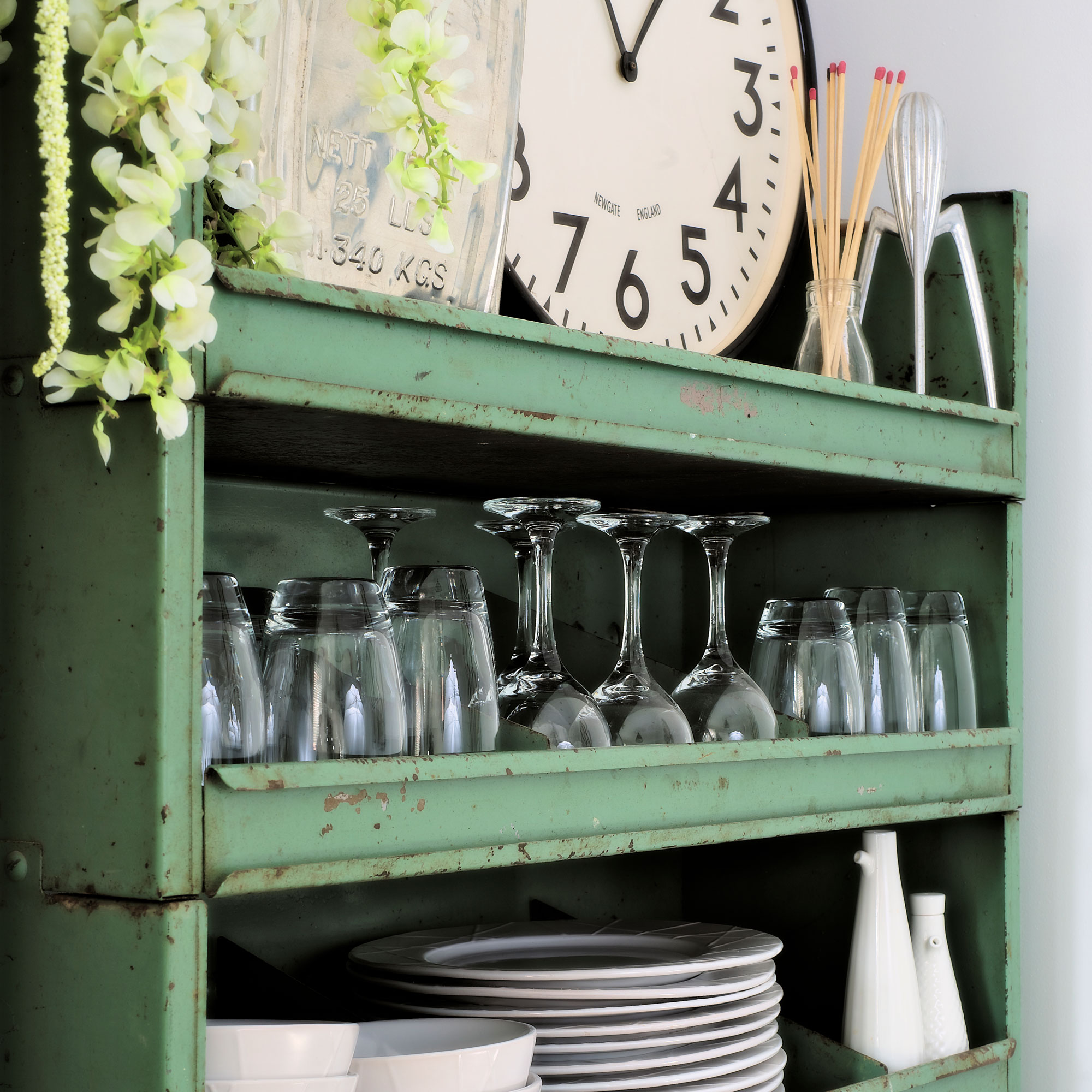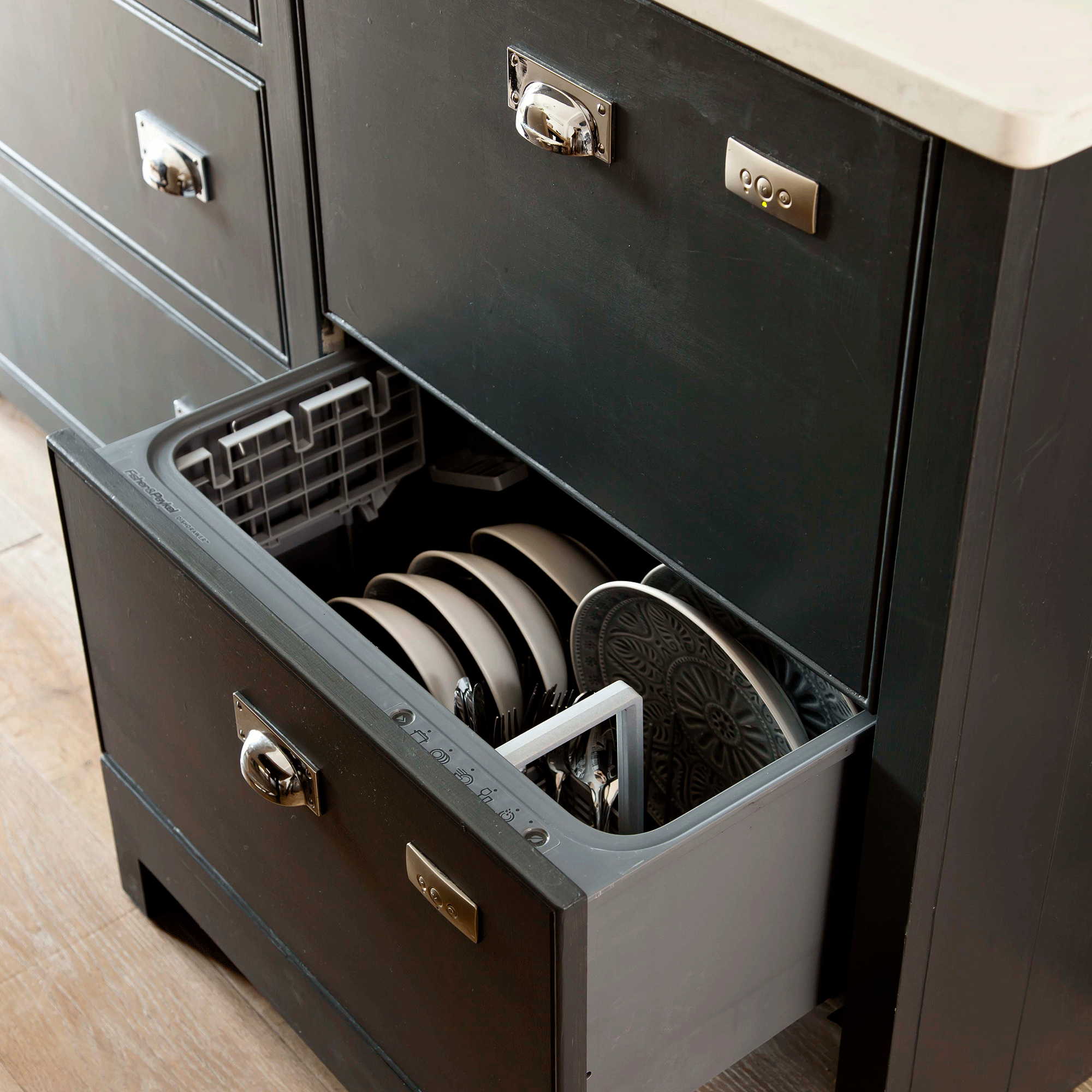The 5 dishwasher mistakes that could be adding to your energy bills unnecessarily
Are you doing these?


Running your dishwasher at the end of the day is simple, right? You pop in your dishes and cutlery, add the tablet, and press the on button. It couldn’t be simpler – and surely there isn’t a wrong way to do it? Well, you may want to think again.
While using your dishwasher may feel like a simple household task, you may well be making some common mistakes in the process which could be costing you extra on your energy bills needlessly, according to the experts. And at the moment, when we’re all keeping an eye on how much it costs to run a dishwasher, every little bit saved helps.
So are you guilty of making these dishwasher mistakes?
The 5 dishwasher mistakes you may be making
Even though using a dishwasher is cheaper than handwashing your dishes, it's important to do it properly. So what is it that we’re doing – or not doing, with our dishwashers that may be wasting both time, energy and money?
1. Pre-rinsing your dishes
It’s a common habit that many of us have – washing off any extra bits of food or sauce from our plates or bowls before placing them in the dishwasher. But according to Richard Cooper, Service Director at Domestic & General, it could be wasting mass amounts of water unnecessarily.
He said, 'Modern dishwashers are designed to withstand stubborn stains using high temperatures. In fact, UK households waste almost 6,000 gallons of water a year just by pre-rinsing before placing items into the dishwasher.'
But if you’re worried about dirtying your dishwasher simply make sure you know how to clean a dishwasher to keep it in good condition.
Get the Ideal Home Newsletter
Sign up to our newsletter for style and decor inspiration, house makeovers, project advice and more.

2. Running a half-empty dishwasher
This is probably something we all try and avoid, but sometimes, we can be guilty of running a half-empty dishwasher in order to save a bit of time and effort. But, Quotezone's energy savings expert Jack Ferguson said, 'If you only half fill a dishwasher, you are effectively doubling the running cost. Whilst some models have a "half-load" function, these tend to only save 20-25% on the running costs, so it’s best to always try and fill it – but avoid overfilling, as your dishes won't clean properly.'
3. Not using the 'eco' setting
Richard explained that one of the biggest mistakes you may be making is not using your dishwasher’s eco-setting – which could be wasting energy needlessly. 'Always use your dishwasher’s eco setting to conserve water – it could allow you to save up to 20% in energy alone.'
Expanding, Jack explained, ''Eco' mode uses lower temperatures to save energy, but needs to run for longer to get your dishes clean. It’s not ideal for heavily soiled dishes, but it could save you over 500 kWh per year.'

4. Putting the dirtiest items on the top rack
Professional home organiser Sue Spencer, who is working with Hisense, also explained that in order to get the most out of your dishwasher, you should be washing the very dirtiest items on the bottom, rather than the top rack.
She said, 'The bottom rack of the dishwasher benefits from a hotter wash, and stronger water jets so it’s ideal for cleaning plates, saucepans and roasting tins.
'On the other hand, the top rack is cooler and offers a slightly gentler wash, which is ideal for glasses, mugs, cups, any plastics and large utensils.'
It also pays to remember that there are a few things you should never put in your dishwasher, to avoid damaging it.

5. Placing your dishwasher next to certain other appliances
And finally, a mistake we probably never would have realised we’re making, is placing the dishwasher next to other kitchen appliances. Richard said, 'If you can, avoid placing your dishwasher next to your fridge or freezer, because your appliances will have to work harder due to the heat given off during a washing cycle, thus wasting more energy.'
Of course, there’s only so much you can do about this if you’re renting, or don’t want to totally reconfigure your kitchen – but it’s well worth keeping in mind if you’re looking to redo your kitchen at some point in the future.

Amy Hunt is an experienced digital journalist and editor, now working in a freelance capacity specialising in homes and interiors, wellness, travel and careers. She was previously Lifestyle Editor at woman&home, overseeing the homes, books and features sections of the website. Having worked in the industry for over eight years, she has contributed to a range of publications including Ideal Home, Livingetc, T3,Goodto, Woman, Woman’s Own, and Red magazine.
-
 This £20 telescopic hose brush did such a good job cleaning my windows I sacked my window cleaner and saved £100
This £20 telescopic hose brush did such a good job cleaning my windows I sacked my window cleaner and saved £100It's a game-changer for sparkling glass
By Jenny McFarlane
-
 Pest experts reveal eucalyptus is the secret ingredient for keeping rats off your bird feeder - this is how to use it safely and effectively
Pest experts reveal eucalyptus is the secret ingredient for keeping rats off your bird feeder - this is how to use it safely and effectivelyIt's a great natural deterrent
By Kezia Reynolds
-
 Is a wet room worth it? I asked bathroom experts whether a wet room adds value or makes it difficult to sell
Is a wet room worth it? I asked bathroom experts whether a wet room adds value or makes it difficult to sellNot everyone sees a wet room as a positive so we asked the experts how to design a space that will add value and help your home sell fast
By Natasha Brinsmead